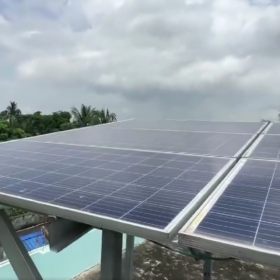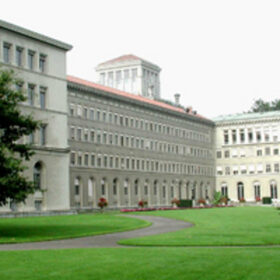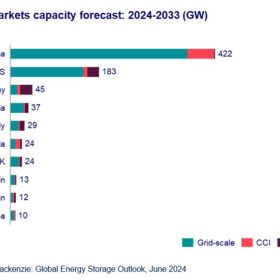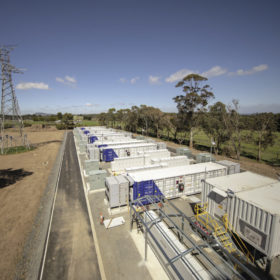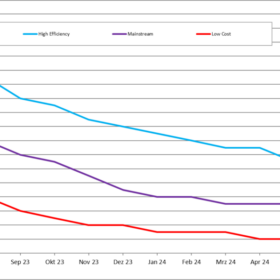PM Surya Ghar Muft Bijli Yojana: Challenges and Solutions
Mandating stringent quality and performance standards is imperative to safeguard consumers from potential exploitation in the burgeoning rooftop solar market. The technology to do this exists, but we need to see if the will is there.
WTO accuses China of low transparency on state subsidies, including solar
The World Trade Organization (WTO) Secretariat has criticized China for an alleged lack of transparency in its state support framework and has urged the nation to improve its subsidy notification process.
Ramaphosa reveals 22,500 MW renewables pipeline in South Africa
South African President Cyril Ramaphosa, in his first speech since forming a coalition government in May, said the nation is experiencing a “renewable energy revolution,” with upcoming projects expected to attract around ZAR 400 billion ($21.9 million) in private investment.
Solar power on the rise: A buying spree fuelled by innovation and price wars
While companies grapple with razor-thin margins, these price wars are accelerating the adoption of solar power globally.
Global energy storage fleet to surpass 1 TW/3 TWh by 2033, WoodMac says
According to the latest forecast from Wood Mackenzie, the global energy storage market (excluding pumped hydro) is on track to reach 159 GW/358 GWh by the of 2024 and grow by more than 600% by 2033, with nearly 1 TW of new capacity expected to come online.
India’s installed battery storage capacity reached 219.1 MWh as of March end: Mercom
The recently released Mercom report expects India to add 1.6 GWh of standalone battery energy storage systems and 9.7 GW of renewable projects plus energy storage by 2027.
India leading the solar wave to become world’s second-largest module manufacturer
Continued government support, coupled with strategic investments in technology and infrastructure, will be crucial in realizing India’s renewable energy goals and cementing its position as a global leader in solar module manufacturing.
Solar industry grapples with oversupply and uncertainty
The solar industry stands at a critical juncture. Oversupply, regulatory hurdles, and technological advancements are all reshaping the landscape. Manufacturers must adapt swiftly, balancing production with demand while navigating the complexities of global trade.
South Africa imposes 10% import tariff on solar panels
The International Trade Administration Commission of South Africa (ITAC) has imposed a 10% import tariff on solar panels to protect local manufacturers, attract investment, and deepen the value chain. The South African Photovoltaic Industry Association has questioned the lack of formal industry engagement, calling the timing “not ideal.”
PV market eyes recovery amid falling module prices
Martin Schachinger, founder of pvXchange.com, says that solar module prices are falling across the board, while batteries and inverters are hitting historically low prices due to market oversupply.
